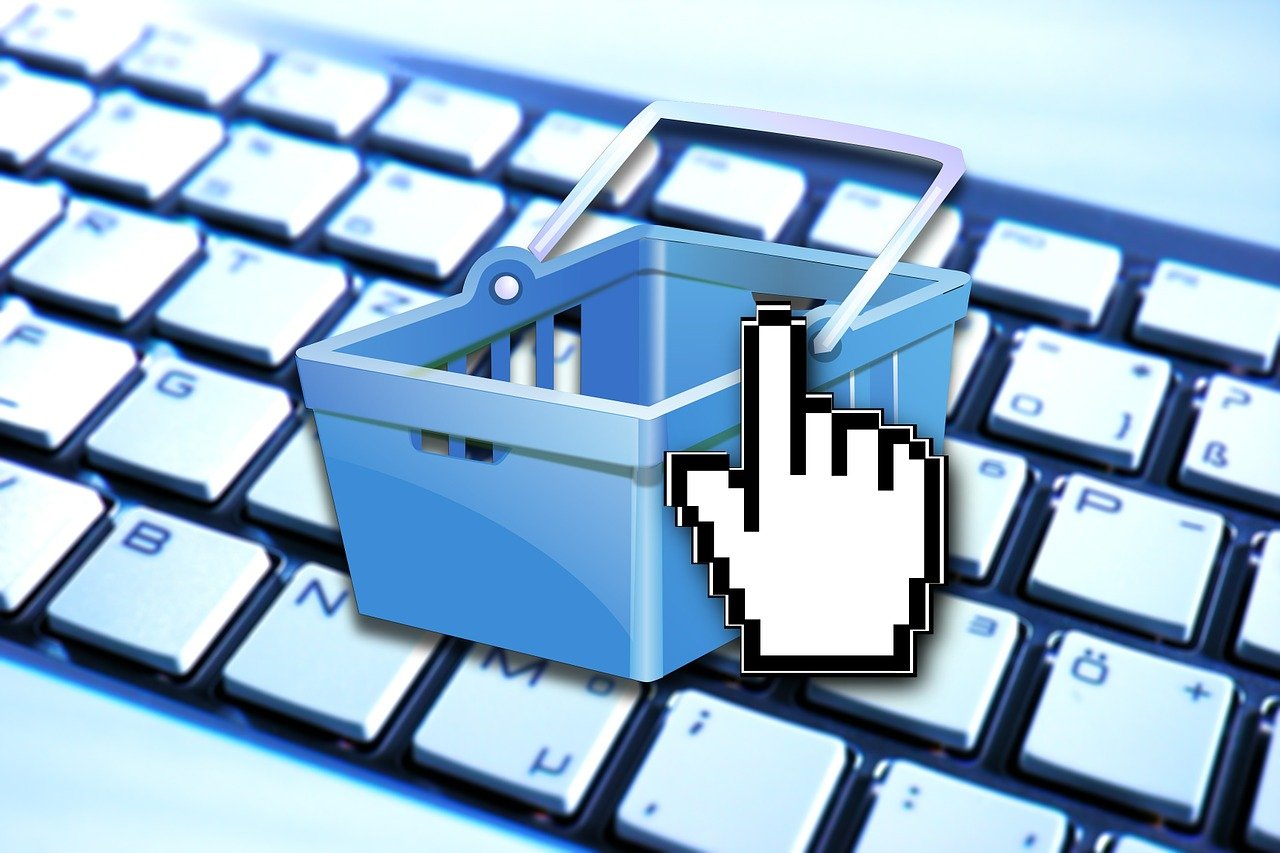Blockchain Revolutionizing Supply Chain Management: Tracking, Fraud Prevention, and Smart Contracts

Brief news summary
Blockchain technology is transforming supply chain management by providing a decentralized, immutable ledger that enhances transparency, security, and efficiency. It enables end-to-end product visibility, real-time tracking, fraud prevention, and streamlined contract management through smart contracts. By integrating data from multiple parties into a shared ledger, blockchain reduces errors and delays, ensuring product authenticity and regulatory compliance. Smart contracts automate transactions, accelerating processes and lowering costs. Despite challenges like technological integration, data privacy, standardization, and regulatory issues, increasing investments and pilot projects highlight strong confidence in blockchain’s potential. Its combination with IoT and AI could further optimize supply chains. Overall, blockchain promises to revolutionize supply chain management by fostering trust, collaboration, and resilience, making it essential for future-ready enterprises.Supply chain management has undergone significant changes recently, largely due to technological advances, with blockchain technology standing out as one of the most transformative innovations. Blockchain, a decentralized digital ledger, records transactions securely, immutably, and transparently, offering end-to-end visibility, authenticity verification, and streamlined contract execution, thereby building greater trust among stakeholders. This article explores blockchain’s diverse supply chain applications—such as real-time tracking, fraud prevention, and contract management—while also addressing challenges and future prospects. One major application is real-time tracking of goods. Traditional tracking relied on disparate, error-prone systems, but blockchain consolidates data from multiple participants into a shared ledger accessible by authorized parties. This unified view allows monitoring products from raw materials through manufacturing, distribution, to final delivery. Retailers can verify shipment departures, and consumers gain confidence in product provenance, reducing uncertainties and enhancing responsiveness to disruptions. Beyond tracking, blockchain offers strong tools against fraud and ensures quality. Counterfeit goods, problematic in sectors like pharmaceuticals and luxury items, are greatly curtailed through blockchain’s unalterable records. Each product’s entire history is verifiable, diminishing fraud risks. Additionally, blockchain aids compliance verification, ensuring adherence to regulations and ethical sourcing, crucial in global markets. Enhanced contract management is another key advantage, enabled by smart contracts—self-executing coded agreements triggered when conditions are met.
This eliminates manual paperwork, reduces errors and disputes, and accelerates processes. For example, payment can be released immediately upon validated shipment arrival without intermediaries, fostering trust and lowering costs within the supply chain. Experts note that despite blockchain’s revolutionary potential, adoption challenges include the need for multi-party collaboration, data standardization, significant technological investment, concerns over privacy, scalability, and regulatory issues. Organizations face learning curves and must ensure interoperability with existing systems. Nevertheless, the future of blockchain in supply chains remains bright. Industry leaders are investing in pilot projects and partnerships, while governments and regulators increasingly appreciate blockchain’s role in creating transparent and resilient supply chains, especially in critical sectors like food safety and pharmaceuticals. As the technology matures, blockchain is expected to facilitate more collaborative, transparent, and efficient supply chains, enabling businesses to respond swiftly to market demands, reduce waste, and build consumer trust. Integration with emerging technologies such as the Internet of Things (IoT) and artificial intelligence (AI) promises further optimization enhancements. In conclusion, blockchain technology is a transformative force in supply chain management. Its applications in tracking, fraud prevention, and contract management tackle longstanding issues and open new innovation avenues. Though barriers in technology and organization exist, the potential benefits make blockchain a compelling investment for enterprises aiming to future-proof their supply chains. Ongoing collaboration among technologists, businesses, and policymakers will likely secure blockchain’s central role in the evolution of global supply chains.
Watch video about
Blockchain Revolutionizing Supply Chain Management: Tracking, Fraud Prevention, and Smart Contracts
Try our premium solution and start getting clients — at no cost to you

I'm your Content Creator.
Let’s make a post or video and publish it on any social media — ready?
Hot news

OpenAI sees better margins on business sales, rep…
The publication stated that the company enhanced its “compute margin,” an internal metric representing the portion of revenue remaining after covering the costs of operating models for paying users of its corporate and consumer products.

AI Video Generation Tools Enable Personalized Mar…
In the rapidly evolving field of digital marketing, artificial intelligence (AI) is playing a crucial role in reshaping how brands connect with their audiences.

Leveraging AI for SEO: Best Practices and Tools
As artificial intelligence (AI) advances, its significance in search engine optimization (SEO) grows markedly.

Decoding the Impact of AI on Advertising and Mark…
Artificial intelligence (AI) is fundamentally transforming the advertising and marketing industries, marking a profound shift beyond previous technological advancements.

Nvidia: Only A 3% Premium For The Most Important …
Nvidia: Just a 3% Premium for the Most Crucial AI Company The J Thesis 1

“AI SMM”, new training from Hallakate – Learn how…
In an era where technology is transforming how we create content and manage social networks, Hallakate introduces new training tailored for this new age: AI SMM.

AI Training GPU Cluster Sales Market Size | CAGR …
Report Overview The Global AI Training GPU Cluster Sales Market is projected to reach approximately USD 87
AI Company
Launch your AI-powered team to automate Marketing, Sales & Growth

and get clients on autopilot — from social media and search engines. No ads needed
Begin getting your first leads today








